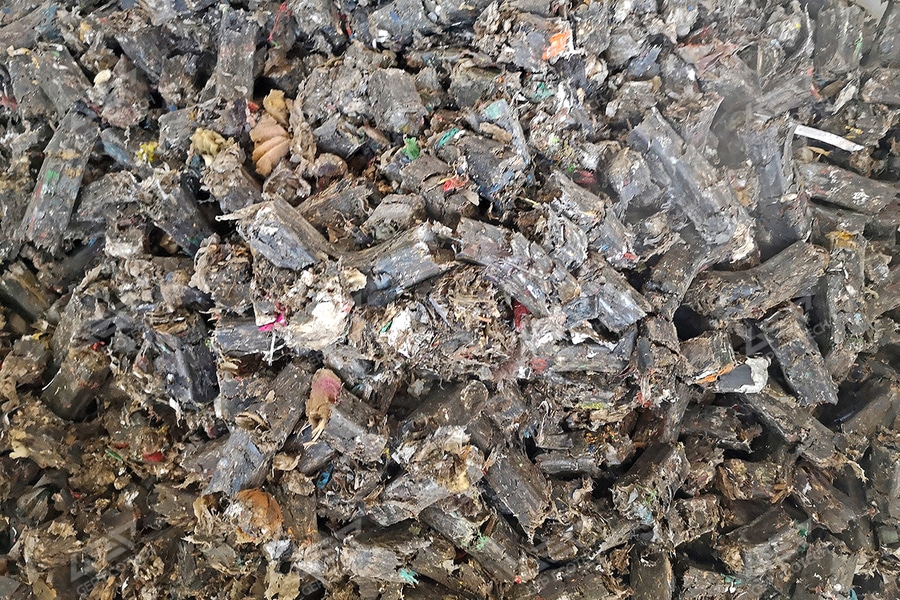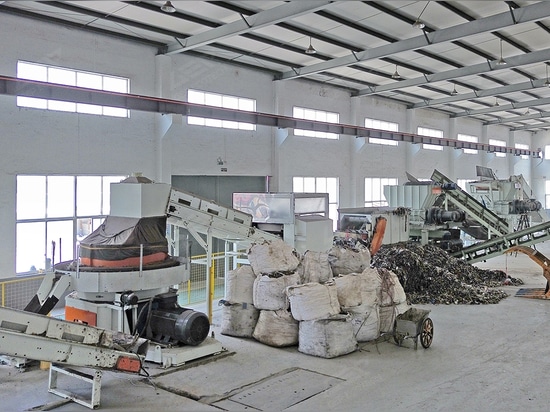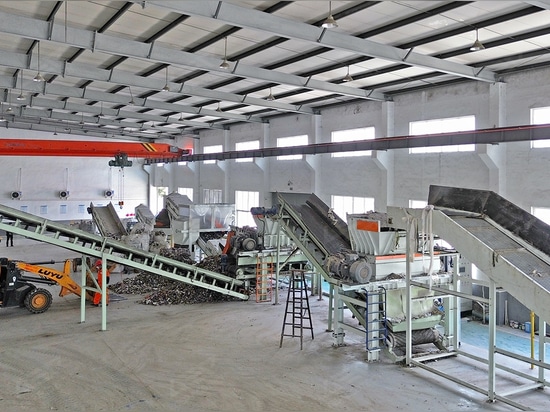
#Product Trends
Production Line of Alternative Fuel in Cement Industry
Production Line of Alternative Fuel in Cement Industry
The production of alternative fuels in the cement industry is a crucial aspect of sustainable and environmentally friendly cement manufacturing. Alternative fuels, often derived from waste materials, are used to replace traditional fossil fuels in the cement kilns. This not only reduces the environmental impact of cement production but also contributes to waste management and conservation of natural resources. Below is an overview of the key components and processes in a production line for alternative fuel in the cement industry:
1. Feedstock Collection and Preparation:
Waste Collection: The first step involves the collection of suitable waste materials that can serve as alternative fuels. This can include municipal solid waste (MSW), biomass, industrial waste, plastics, tires, and other energy-rich materials.
Sorting and Pre-processing: The collected waste materials go through a sorting and pre-processing stage to remove contaminants and non-combustible elements. This step ensures that the feedstock meets the quality standards required for safe and efficient combustion.
2. Shredding and Size Reduction:
Shredding Equipment: The waste materials, after pre-processing, are often shredded into smaller, more manageable pieces. Shredding facilitates better combustion and ensures a more uniform and controlled feed into the cement kiln.
3. Blending and Homogenization:
Alternative Fuel Blending: Different types of alternative fuels may be blended to achieve a more balanced and consistent energy content. This step ensures that the combustion process in the cement kiln remains stable and optimized.
The production line for alternative fuel in the cement industry is a sophisticated and integrated system that plays a vital role in sustainable cement manufacturing. By utilizing alternative fuels, cement plants can achieve environmental goals, reduce dependence on fossil fuels, and contribute to circular economy principles by repurposing waste materials. Continuous improvement and innovation in alternative fuel production and utilization are essential for the long-term sustainability of the cement industry.









